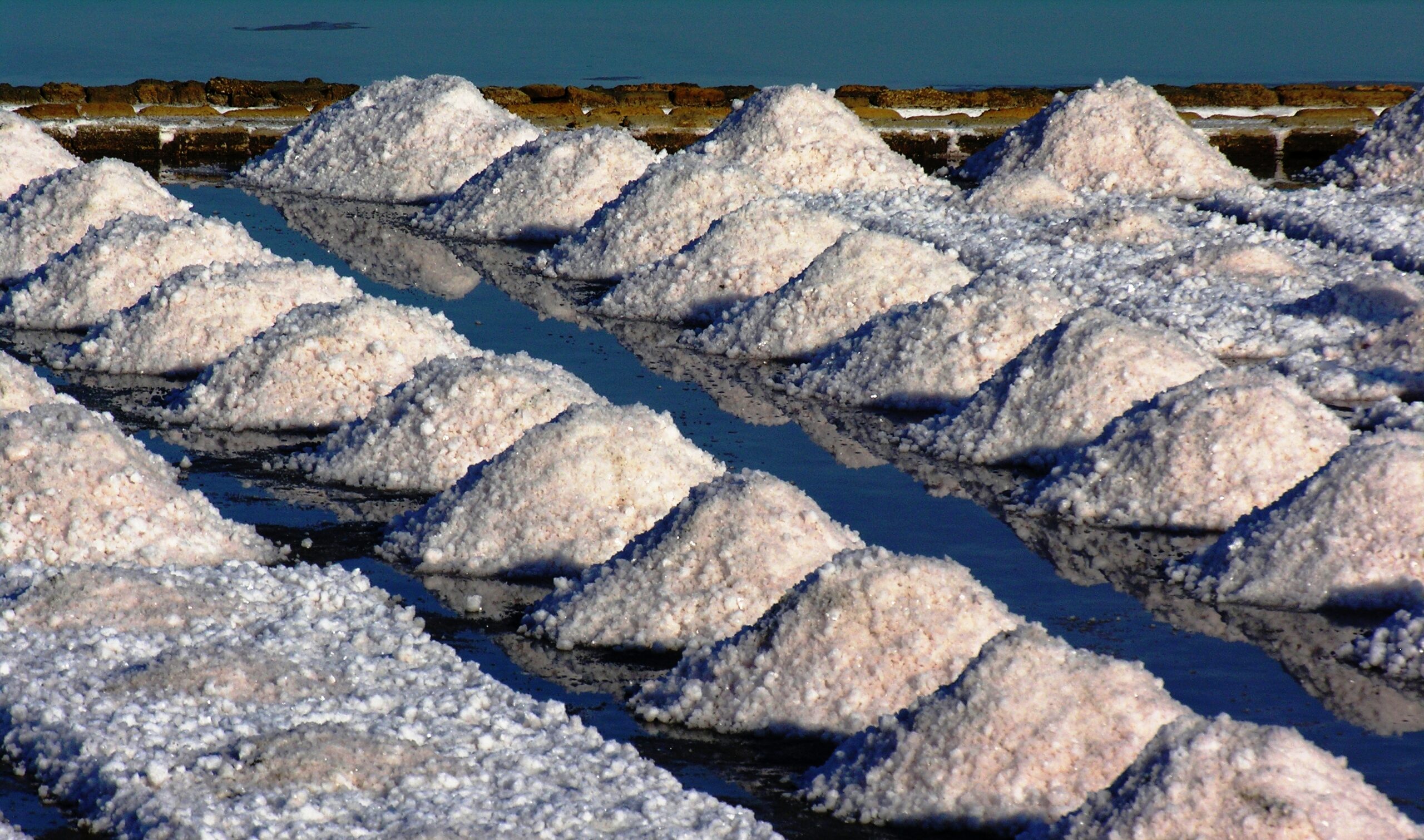Your Guide to Adulthood Health: Staying Healthy with the Nutritional Changes for Aging Adults

Getting older is inevitable and introduces us to new life experiences. However, as we get older, our old age becomes a result of multiple health problems. We tend to get slower and more prone to diseases as our immunity starts falling. While most such problems can be blamed on our increasing physical age, a number of them can also be linked to our improper diets.
You don’t need to have a medical condition or poor quality of life, but it is essential to know what is expected in your body according to age. For every age, one of the most essential things that impact your life is the balance of nutrients and vitamins that you intake with your diet.
As we age, we need to meet our body’s unique needs with specific nutritional requirements, either with diets or with the help of supplements. In this article, we are going to recommend some of the best energy supplement and vitamins to help you stay fit, active, and healthy as you age:
Table of Contents
List of To-eat’s as You Move into Adulthood
Dietary supplements:
Including dietary supplements in your daily regime helps improve the process of digestion in our aging body. While health care professionals will not suggest you add dietary supplements, unless your body has a nutrient deficiency problem, adding them as you grow older is a smart move.
Remember, food, pills, or commercial drinks are not the best sources of nutrients. More vitamins are not always better; there should be a multivitamin and mineral supplement that you should consume to balance any deficiency in your diet.
Regular Calcium intake:
Adequate calcium supply is a necessity for older adults as it helps them maintain healthy bones. As we grow old, the wear and tear of the bones increases, causing a high level of friction between the joints. When you maintain a healthy intake of regular calcium, you can easily keep such problems at bay.
To match your body’s regular calcium needs, ensure that you consume food items that are low in fat. You can consider adding any fortified cereals, dark green leafy vegetables, fruit juices, stored fish with soft bones, and fortified plant-based drinks. Such efforts, when paired with vitamin D3 supplement, can help maintain a healthy calcium supply in your aging body.
Potassium:
In old age, it is often seen that people face problems like high blood pressure, heart problems, etc. If the diet is taken care of, these can be avoided by limiting your diet sodium (salt) intake.
Consuming adequate amounts of fruits, vegetables, beans, and low-fat or fat-free dairy products can help you keep up with your body’s sodium levels. Further, it is always a smart move to indulge in consuming foods that have limited or no salt.
Protein:
Protein is essential for tissue growth, repair, and maintenance of our body. It is mandatory to eat adequate amounts of protein every day with age, despite the need for fewer calories.
Choose a nutritious diet that includes good protein such as nonfat or low-fat dairy products, legumes, eggs, fish, poultry, and lean meat is a good choice.
Calories:
The biggest challenge in aging comes when we are not aware of it, and our body starts to change, such as problems in metabolism, weight gain, and diseases like chronic diseases. To avoid this, change you’re routine.
Start resistance training to strengthen your muscles and add muscle, which increases your metabolic rate. Contain fruits, whole grains, vegetables, lean protein, and low-fat dairy products in your diet can improve your health by improving dietary quality.
Omega3 fatty acid:
Omega 3 fatty acids is mandatory nutrition for aging people. It prevents inflammation due to swelling, which causes diseases like cancer, and protects against arthritis.
Fatty acids can decrease the risk of Alzheimer’s disease and protect the brain alert. You can add fish to your diet, mainly Tuna, Sardines, Salmon, and Mackerel to maintain a rich Omega3 fatty acid level in your body. However, if you are vegetarian; you can consume soybeans, flaxseed, and canola oil walnuts to nourish your body with Omega3 fatty acid.
Fiber:
Digestive power is also affected with age. The gastrointestinal tract walls become thick, and contractions slow and decrease, which can lead to constipation. Fiber-rich foods promote proper digestion by moving food through the digestive system.
Therefore, it is always a smart move to eat a diet that is rich in high fiber. You can include brown rice, whole bread and pasta, vegetables, brown bread, and fruits, etc. in your diet.
Conclusion
While aging is inevitable, your lifestyle choices are not. It is completely your choice of how you want to live your old-age. Would you like to be healthy, fit, and active, or, live a life loaded with pills and appointments? The choice is yours!



